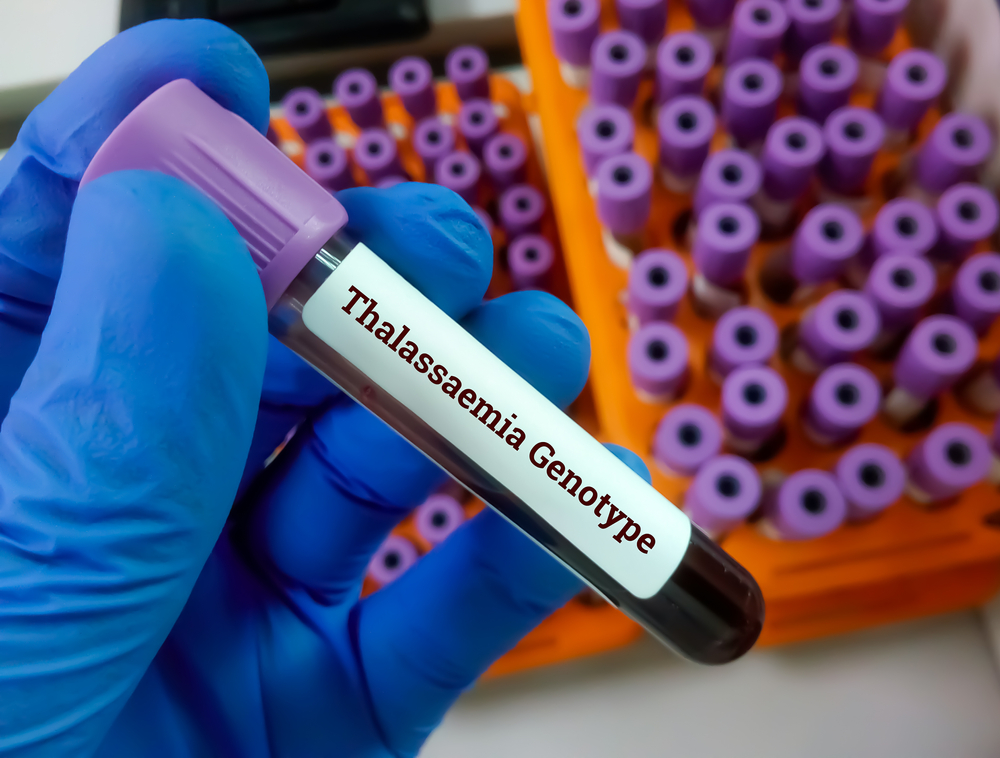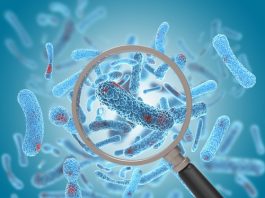NHS patients in England suffering from a severe genetic blood disorder, beta thalassaemia, will be among the first in the world to benefit from a pioneering gene therapy known as Casgevy.
This gene-editing treatment, approved by the National Institute for Health and Care Excellence (NICE), offers a potential cure for the disorder, marking a major milestone in the treatment of genetic diseases.
Amanda Pritchard, NHS Chief Executive, commented: “This is a historic moment for people living with beta thalassaemia with a potential cure for those facing this debilitating disorder now available on the NHS.
“Ordinarily, patients experience painful side effects and undergo regular transfusions which severely impact their quality of life, but this therapy offers people a life free from that as well as the hope of living longer, which is truly amazing news.
“This is the latest in a series of revolutionary gene therapies to be secured by NHS England over the past five years, bringing significant benefit for patients – and thanks to funding through our Innovative Medicines Fund, this one-off therapy will be fast-tracked to patients who could benefit from the new lease of life it promises.”
What is thalassaemia?
Beta thalassaemia predominantly affects individuals of Mediterranean, South Asian, Southeast Asian, and Middle Eastern descent, with the UK’s largest affected populations being of Pakistani, Indian, and Bangladeshi ethnicity.
The disorder, which hampers the production of haemoglobin in red blood cells, has traditionally been managed through regular blood transfusions—a treatment that, while life-sustaining, significantly impacts patients’ lives.
Previously, the only curative option for beta thalassaemia was a stem cell transplant, a procedure that is only available to a limited number of patients due to the difficulty in finding matched donors and the risk of transplant rejection.
Casgevy, however, offers a less invasive and more widely accessible alternative. In international clinical trials, an impressive 93% of patients who received the treatment were transfusion-free for at least a year, raising hopes for a long-term cure.

Life-changing potential of gene therapy
Casgevy, a one-time gene therapy, employs cutting-edge CRISPR technology to edit genes in patients’ bone marrow stem cells.
The procedure involves removing blood stem cells from the patient, editing them in a laboratory to correct the genetic defect, and then reintroducing the modified cells into the patient’s body.
Once these cells are embedded in the bone marrow, they begin producing healthy red blood cells, effectively tackling the root cause of beta thalassaemia.
This treatment is particularly significant for the estimated 460 patients in England who are dependent on regular blood transfusions to manage their condition.
For these individuals who currently require transfusions every 3-5 weeks, Casgevy offers not only the possibility of reducing or eliminating the need for transfusions but also significantly improving their quality of life.
Expanding access to a global first
The NHS in England is among the first healthcare systems worldwide to offer this gene therapy, reflecting the country’s commitment to leading in innovative medical treatments.
Seven specialised NHS centres across England will soon begin administering the therapy, providing eligible patients with access to this groundbreaking treatment within weeks.
This therapy’s introduction is facilitated by an agreement between the NHS and Vertex, the manufacturer of Casgevy, allowing the treatment to enter the Innovative Medicines Fund (IMF).
This ensures that patients can access the gene therapy promptly while additional data on its long-term benefits is collected over the next five years.
A promising future for genetic treatments
As Casgevy begins to be administered, it represents not only a leap forward in the treatment of beta thalassaemia but also a broader step toward the future of gene therapy in healthcare.
With the therapy being manufactured in Edinburgh, the UK is at the forefront of this medical revolution, offering new hope to those living with previously untreatable genetic disorders.









